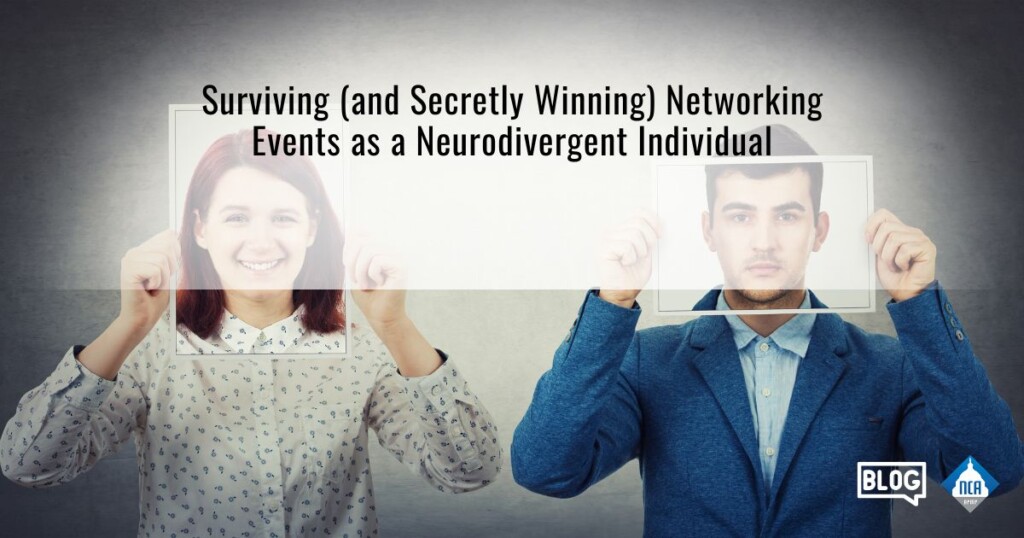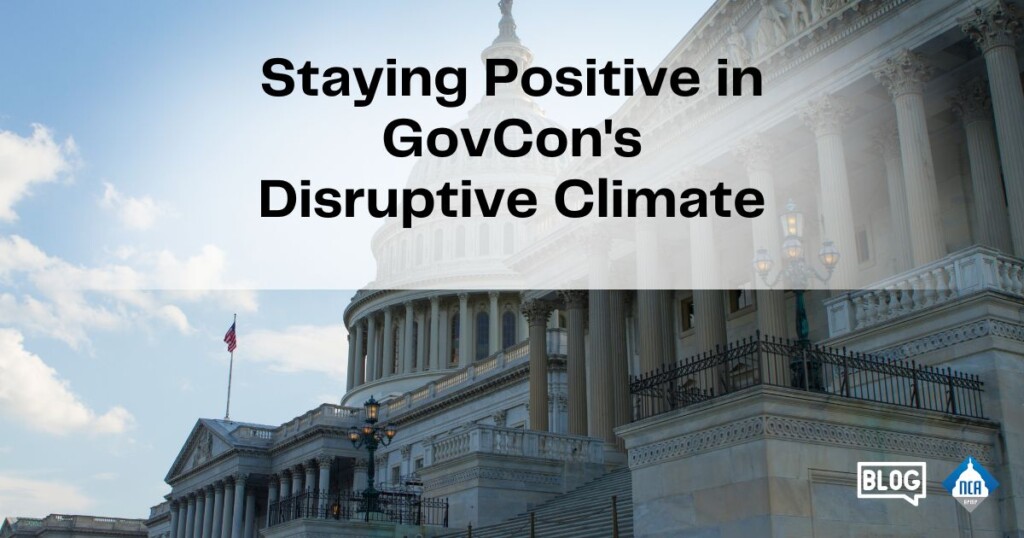The Power of Rethinking: Why Intellectual Humility Matters
Maintaining an accurate connection to reality is crucial in a constantly evolving world. Nicole and I were hosting the Monthly Member Meeting for the APMP NCA Chapter and through the discussion this point was brought up in one way, or another, often. So it got me thinking about a book I read over 10 years ago. It speaks about our beliefs, especially the fundamental ones, which can shape our perceptions in ways that illuminate or distort the truth. Adam Grant’s book “Think Again” explores the power of rethinking and emphasizes that intellectual humility can be more valuable than intelligence alone.
- Recognizing the Problem: One of the biggest obstacles to rethinking is overconfidence. People often adopt roles that hinder open inquiry: preachers defend their ideas without questioning them; prosecutors focus on proving others wrong rather than seeking the truth; and politicians seek approval instead of understanding. Recognizing our biases and limitations is not a weakness; instead, it is a decisive step toward growth and learning that empowers us to take control of our development.
- Thinking Like a Scientist: Adopting a scientific mindset involves questioning assumptions, testing hypotheses, and embracing the possibility of being wrong. We refine our understanding and move closer to the truth whenever we challenge a false belief. Instead of clinging to past convictions, we should ask ourselves, “What evidence would change my mind?” This shift from certainty to curiosity fosters better decision-making and adaptability.
- Persuading by Listening: Effective persuasion comes not from overpowering others with logic but genuinely listening to their perspectives. Rather than engaging in combative debates, we should seek to understand why people hold their views. Figures like Daryl Davis, a Black musician who convinced hundreds of KKK members to renounce their beliefs, demonstrate the power of patient, empathetic dialogue over forceful argumentation.
- Acknowledging Complexity: Many issues are not as black-and-white as they seem. The tendency toward binary thinking, such as ‘you’re either with us or against us’ in political discourse or ‘you’re either a success or a failure’ in personal development, reduces complex topics to two opposing sides, stifling deeper understanding. Aristotle’s method of considering multiple perspectives before concluding is a model for better reasoning. By embracing nuance, we improve our credibility and capacity for critical thought.
- Finding Challengers, Not Followers: Surrounding ourselves with people who challenge our thinking leads to more potent ideas and better outcomes. The Wright brothers, for example, frequently debated their ideas but never allowed disagreements to become personal. Cultivating a ‘challenge network’ of independent thinkers fosters innovation and creates a sense of community and shared growth, inspiring us to push our boundaries and learn from each other.
- Leading with Transparency: For organizations to thrive, leaders must create an environment where rethinking is encouraged. Research shows that managers who openly admit their weaknesses and actively seek feedback build stronger teams. When employees see leaders embracing growth, they feel safer doing the same. Additionally, prioritizing process accountability—ensuring that decisions are well thought out and based on a straightforward process and rationale rather than solely focusing on outcomes—encourages deeper critical thinking and understanding of the decision-making process.
- Knowing When to Stop Rethinking: While ‘Think Again’ effectively champions intellectual humility, it offers little guidance on when to stop questioning and make firm decisions. Some beliefs, rejecting racism, slavery, or the New York Jets being trash, do not require reconsideration. Striking a balance between open-mindedness and decisive action is essential for effectively applying rethinking. Knowing when to stop rethinking can bring relief and confidence in our decision-making, allowing us to move forward with clarity and purpose.
In a time characterized by rapid change, the capacity to rethink and adapt is increasingly important. By acknowledging our biases, employing scientific thinking, actively listening to others, embracing complexity, seeking constructive criticism, and leading with transparency, we can develop a mindset that promotes personal and professional growth.
Adam Grant’s book, “Think Again,” emphasizes that our most significant strength comes not from consistently being correct but from our ability to recognize and learn from our mistakes. This perspective encourages continuous learning and openness to new ideas.
Join us for more frank industry and professional development discussion at the next NCA Monthly Member Meeting.



